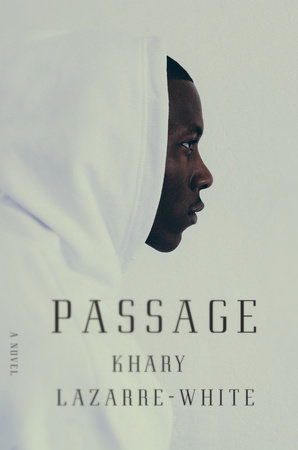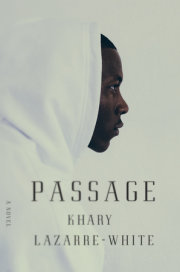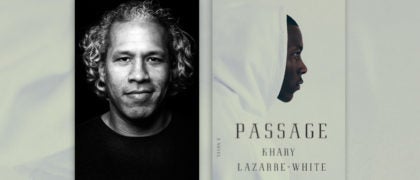"Khary is using his passion to uplift and inspire a next generation." —Oprah Winfrey
"Mr. Lazarre-White has written an artfully compact parable of a noble soul seeking deliverance." —Sam Sacks, Wall Street Journal
"As Warrior experiences dangers real and imagined, current and ancestral, Lazarre-White, activist and founder of a Harlem-based youth-education organization, infuses his vivid journey with thought- and discussion-provoking symbolism. This is a unique and haunting portrayal of a young black man considering his inheritance, and his destiny." —Booklist
"Khary Lazarre-White's gripping, relentless dive into the inner life of a young African American male named Warrior invites readers into a world where few have dared to venture." —Susan L. Taylor
"The reader wants to break free from the madness that circumscribes Warrior’s world—and this is the point. A high school student whose intellect goes unnoticed, Warrior cannot close a book to escape the maelstrom, and neither should the reader. After all, if certain scenes are difficult to read, Lazarre-White implies, imagine how difficult it must be to live them. This dystopia is his neighborhood." —Eisa Nefertari Ulen, Los Angeles Review of Books
"Powerful, lyrical and evocatively written, Passage is a transportive story of love and survival, a walk in the shoes of a young man negotiating an uncertain present, a painful past and the promising future he may never have. A stunning debut." —Terence Winter, creator and executive producer, Boardwalk Empire; Academy Award for Best Adapted Screenplay nominee for The Wolf of Wall Street
"Passage is a work of great originality, pain, and aching beauty. Its protagonist, Warrior, a sensitive, haunted and haunting young man, bears the burden of history: the past is always near, shaping and informing present realities of black boys like himself. As he traverses a dystopian urban landscape, one that is both surreal and all too real, he encounters the depth of Black Rage, the persistence of Black Death, and the tremendous capacity of Black Love. Like Warrior, Passage pays homage to its predecessors, while forging its own path—one that speaks most eloquently to our present and insists that we create a starkly different future." —Farah Jasmine Griffin, author of Harlem Nocturne: Women Artists and Progressive Politics During World War II










